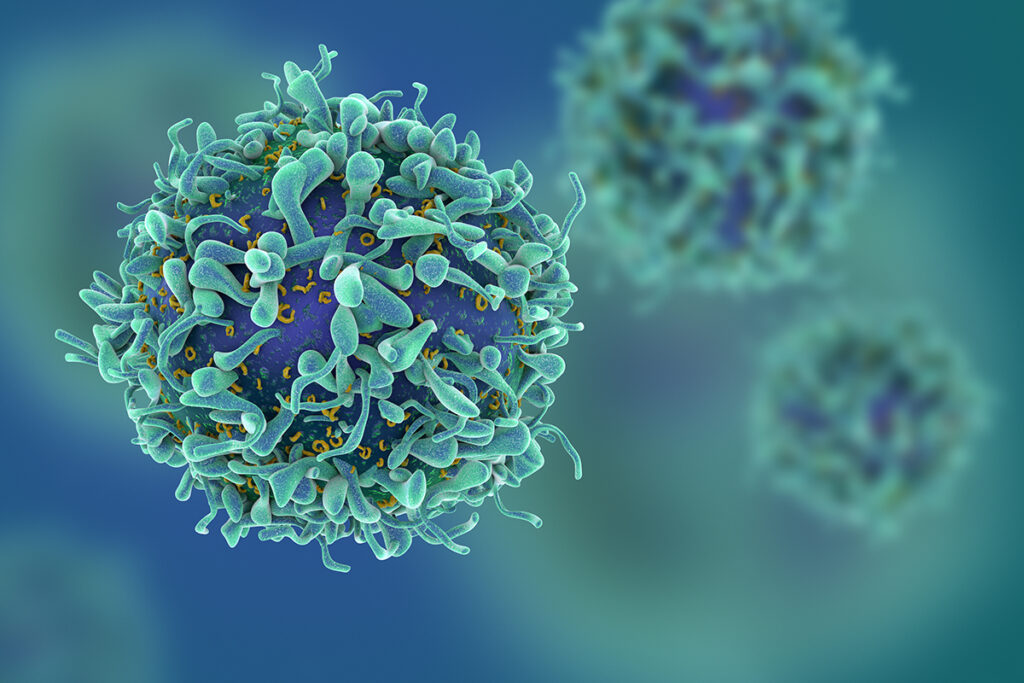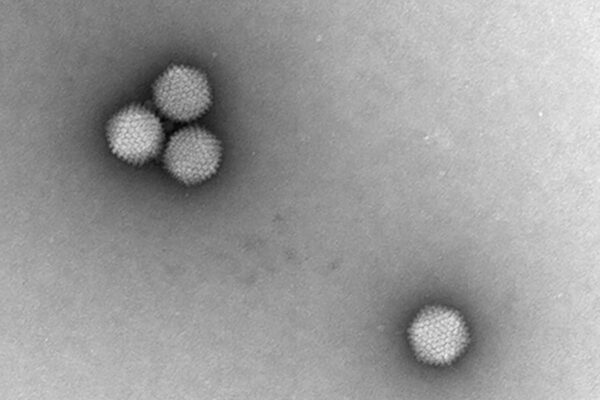
Researchers at Washington University School of Medicine in St. Louis have identified how the body’s own immune response to HIV is responsible for the T cell death that characterizes this viral infection. The research, led by Liang Shan, an associate professor of medicine, could shed light on potential new strategies to treat HIV. The study is published in the journal Cell.
While HIV can be managed with antiretroviral drugs, no therapeutics exist that can clear the virus or control it without lifelong treatment. The study shows that HIV infection activates inflammatory molecules in the body’s immune system called the CARD8 inflammasome. This activation gradually depletes the T cells, even those not actively infected with the virus. The researchers found that inactivating the CARD8 inflammasome prevents this T cell death during HIV infection.
Working with the Emory National Primate Research Center, the researchers confirmed this discovery by finding that nonhuman primates naturally lacking a functional version of the CARD8 inflammasome can have a related virus — simian immunodeficiency virus (SIV) — but continue to show normal or near-normal T cell counts and never develop AIDS despite lifelong infection.


